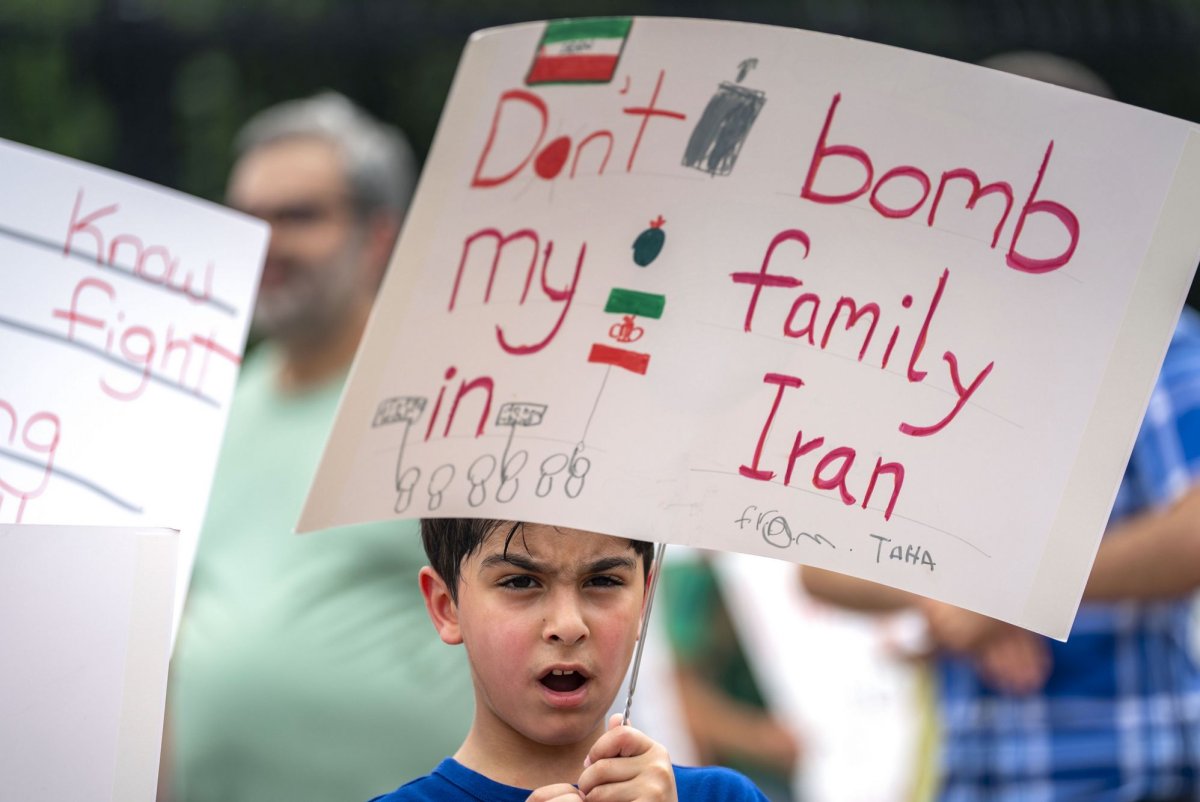Aug. 28 (UPI) — Germany, the United Kingdom and France sent a letter Thursday to the United Nations Security Council saying they are starting the 30-day process of “snapback” of sanctions against Iran.
The snapback is used to re-impose sanctions on Iran in the event of “significant non-performance” of treaty commitments. The sanctions were suspended under the 2015 Joint Comprehensive Plan of Action nuclear deal.
The three countries, known as the E3, created an Aug. 31 deadline to make meaningful progress toward a nuclear deal, such as by renewing cooperation with the International Atomic Energy Agency and resuming negotiations with the United States.
“Today, Iran’s non-compliance with the JCPOA is clear and deliberate, and sites of major proliferation concern in Iran are outside of IAEA monitoring,” an E3 joint statement said. “Iran has no civilian justification for its high enriched uranium stockpile — now over nine significant quantities — which is also unaccounted for by the IAEA. Its nuclear program, therefore, remains a clear threat to international peace and security.”
U.S. Secretary of State Marco Rubio announced Thursday that the United States “welcomes the initiation of snapback.”
“We will work with [the E3] and other members of the UN Security Council to successfully complete the snapback of international sanctions and restrictions on Iran,” Rubio said in a statement. “At the same time, the United States remains available for direct engagement with Iran — in furtherance of a peaceful, enduring resolution to the Iran nuclear issue. Snapback does not contradict our earnest readiness for diplomacy, it only enhances it.”
The ability of the signers of the joint plan to impose the snapback for Iranian noncompliance was about to expire in October. The E3 said Iran refused to extend the deadline to allow for further diplomacy.
A Tuesday meeting in Geneva between Iranian diplomats and the E3 produced no results. A source told Axios that the Iranians “haven’t put tangible detailed deliverables on the table.”
Iranian officials have threatened that the country would withdraw from the nuclear non-proliferation treaty if the snapback were triggered.
One analysis said Iran is likely to comply.
“Iran agreeing to extend the expiration of the snapback beyond Oct. 18 remains the most likely outcome in the next 30 days, which would allow the E3 to give Tehran more time to negotiate,” the Jerusalem Post said.
But Iranian diplomats have said differently, Axios reported. Iranian Foreign Minister Abbas Araghchi told the E3 in a call on Thursday that Iran “will respond appropriately to this illegal and unjustified action.”
On Iran’s state TV, Deputy Foreign Minister Kazem Gharibabadi said Iran’s response would include suspending cooperation with the IAEA.
Another analysis, in Responsible Statecraft, published by the Quincy Institute, said the snapback is risky.
“Europe’s snapback gamble looks less like a path to reviving cooperation than an escalation designed to squeeze Iran into short-term concessions. Instead of restoring confidence, it risks locking both sides into a cycle of pressure and retaliation with no offramp. … But if Europe chooses coercion over cooperation, it may find that the window has slammed shut — leaving only the prospect of a more dangerous, more isolated, and more nuclear-capable Iran.”

